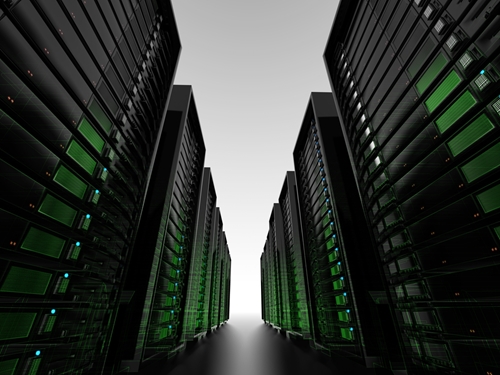Everything You Need to Know About SSDs

Knowing the basics about software, hardware and technical issues is important when your law office is investing in newer technology. A topic that will come up when you’re working with a cloud-service provider is the type of storage hardware they use in their data center – either mechanical hard disk drives (HDDs) or solid-state drives (SSDs).
SSDs allow you to work faster, your applications to be more responsive and will increase your overall efficiency and productivity. Learn more below so you can make informed decisions for your firm.
What’s the difference?
HHDs are based on a spinning metal disk with a magnetic coating. The coating is what stores your information and a read/write head on an arm extended over the disk accesses the information while the disk spins.
SSDs do the same thing – write, store and read information – but through interconnected flash memory chips instead of the magnetic coating. This isn’t like the flash drive you use at home and work – it’s much faster and more reliable.
What are the advantages of SSDs?
- They take up less space and are lighter. SSDs are usually 1-inch or 1.8-inch disks and weigh about 77 grams compared to HDDs, which are 2.5 inches of 3.5 inches and can weigh approximately 752.5 grams, according to Naples Computers.
- They’re faster. SSDs can access and find information faster than HDDs because all information on SSDs can be accessed at once. Only with writing are the times similar to that of HDDs.
- They’re tough. SSDs are resistant to being dropped or g-forces while HDDs have moving parts that can be rendered ineffective or damaged by movement.
- They consume a minimal amount of power. SSDs require 3 watts or less to work. HDDs need 6 W or more.
- SSDs have a secondary voltage hold-up circuit. If the voltage drops too low, the backup energy supply is triggered to make sure pending writes can be saved.
- SSDs give off minimal heat, which means the location requires less cooling to maintain electronic performance.
- SSDs emit little noise compared to traditional HDDS that are noisy because of the spinning disk.
- SSDs have hot plug and unplug capabilities, meaning they can be removed or added without turning off the entire system.
- There’s a lower failure rate for SSDs than HDDs.
- The anticipated life of SSDs is significantly longer -decades longer – than the three to five year life span of HDDs.
- SSDs are cost effective even though they have a higher price tag than HDDs. They save businesses money by reducing energy costs and needing to be replaced less.
If your law office is searching for a cloud service provider, or you’re looking to upgrade your IT infrastructure, you need know your options and what is best for your firm. Any cloud service provider you choose should use Solid State Disks which will ensure your environment is fast and responsive.